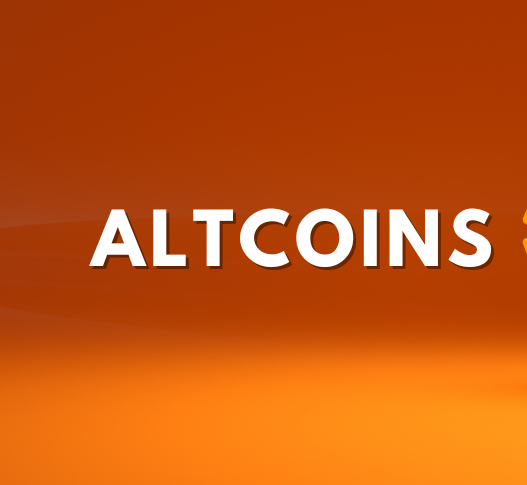The UK general election is slated for July 4th, and some of the top election candidates are not getting involved in any talks about crypto.
The future of the cryptocurrency industry is still being determined as the UK general election approaches on July 4, 2024, as major political parties have largely refrained from discussing the subject. The Labour Party’s campaign has largely avoided discussing cryptocurrency, instead emphasizing more general economic and social concerns despite its substantial lead in the surveys.
The Quiet Stance of Labour on Cryptocurrency
According to a June Ipsos survey, the Labour Party, under Keir Starmer’s leadership, is expected to achieve a majority with 42% of the vote. The Conservatives are currently falling behind by 19%. Labour has demonstrated minimal interest in cryptocurrency throughout the campaign, providing only vague references to fostering a pro-competition environment and supporting digital pound initiatives.
The final debate between Prime Minister Rishi Sunak and Starmer prioritized topics such as immigration, welfare, and the European Union, which resulted in crypto being relegated to the background.
In contrast, the Conservative government of Sunak had previously promoted crypto-forward policies; however, their current manifesto also lacks significant crypto-related proposals. Industry insiders continue to maintain a cautious optimism despite this. Laura Navaratnam, the UK policy lead at the Crypto Council for Innovation, observed that the Labour manifesto has not conveyed any negative sentiments regarding crypto, even though it is silent.
The emphasis on cryptocurrency fluctuates on a global scale. In the United States, Republican candidate Donald Trump has occasionally addressed crypto-related matters; however, they were not addressed during the inaugural presidential debate. In other countries, such as Finland, Lithuania, South Africa, and France, there needs to be more discussion about crypto in their election campaigns.
Regulatory Needs and Industry Perspectives
The crypto industry remains committed to advocating for regulatory clarity despite the political reticence. George McDonaugh of KR1 underscored the sector’s capacity to generate employment opportunities and growth. Eleanor Gaywood of Coincover highlighted the necessity for concrete policies following the election. She emphasized that while both main parties offer encouragement for innovation, more is needed with detailed plans.
It was anticipated that the United Kingdom would introduce legislation to enable the Financial Conduct Authority to regulate stablecoins and establish market exploitation regulations. Nevertheless, these endeavors were postponed by Sunak’s early election call. Jordan Wain from Chainalysis, an industry representative, advocates for implementing comprehensive promotion rules and additional regulatory guidance to guarantee market integrity.
The crypto community is optimistic that the upcoming government will address these critical issues, ensuring that the United Kingdom remains competitive in the swiftly evolving digital asset landscape as election day approaches.



